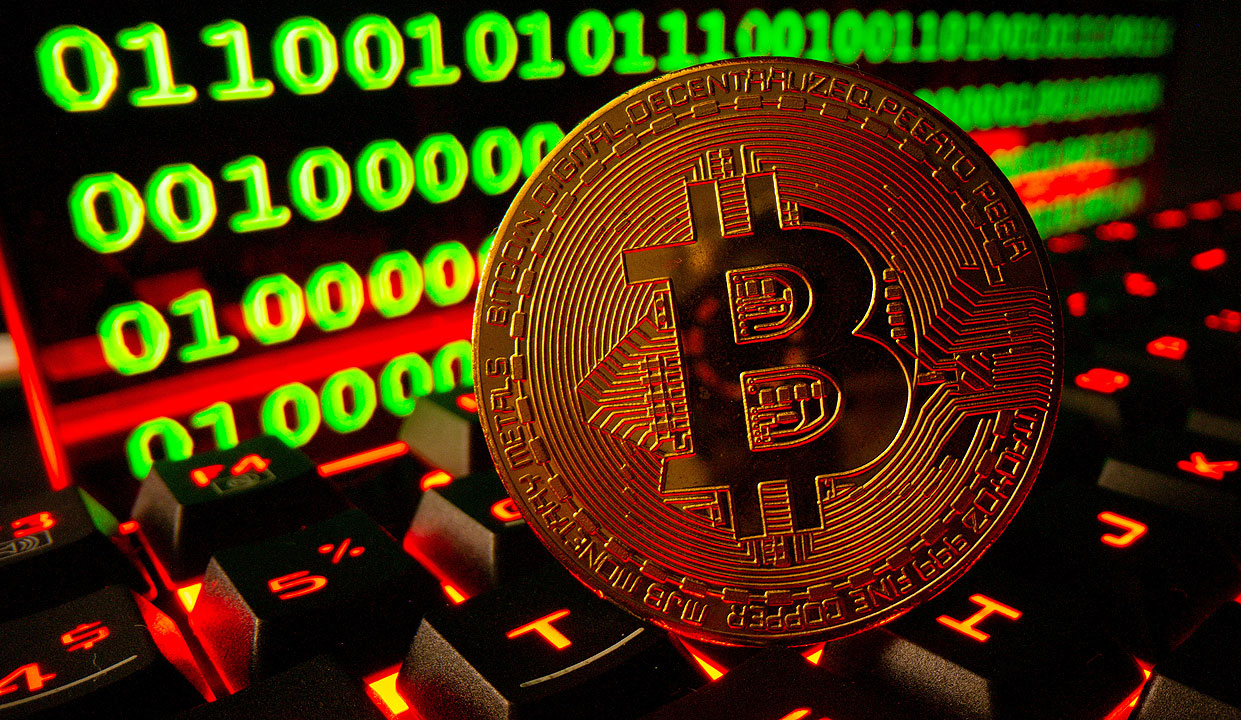
THE PHILIPPINES should be on guard for issues involving cryptocurrencies as it could affect financial stability, the Bangko Sentral ng Pilipinas (BSP) said.
BSP Governor Felipe M. Medalla said there should be regulations for cryptocurrency in order to combat money laundering and to protect the investing public.
“The point where crypto gets changed into pesos or bank accounts, that’s the time where all regulations come in. Whether its crypto or regular banking, the entire world is afraid that cross-border movements of money could be financing things that are quite destructive,” Mr. Medalla said at a press briefing following the Financial Stability Board (FSB) Regional Consultative Group for Asia (RCGA) meeting in Mactan, Cebu.
Cryptocurrencies in the Philippines are classified as digital or virtual assets.
Since the Philippines is under the Financial Action Task Force’s (FATF) “gray list,” Mr. Medalla said regulators cannot afford to have more cases of money laundering.
“Indeed, our big problem is the Philippines is on the gray list, which has possible consequences,” he said.
Global financial crime watchdog FATF put the country on its list of jurisdictions under increased monitoring for “dirty money” risks in June 2021. The BSP hopes to exit the gray list by January 2024.
“Crypto for the Philippines is not a financial stability issue because it doesn’t involve too many people in that aspect, but it is an issue that may call the attention of the government one way or another,” he said.
Mr. Medalla noted informal lenders are now closely tied with e-money issuers, taking advantage of how Filipino households tend to have low access to formal lending.
“These are potentially great improvements in consumer welfare, we should be open to it, but at the same time, as in any opportunity, there are dangers. And this is where we’re looking at it as regulators,” Mr. Medalla said.
FSB Chair and De Nederlandsche Bank President Klaas Knot said the board will be putting in various forms of investor protection when regulating the crypto assets space.
“We have money laundering issues. Whether we like it or not, in some criminal investigations, crypto comes to the fore more often than we would’ve liked in cases like text fraud and also outright trafficking of drugs, money laundering, tax evasions, etc,” he said.
If countries are not willing to comply with the standards set by the FSB, Mr. Knot said the jurisdictions will have to face “supervisory scrutiny.”
“If we have individual holdouts, individual countries that are not willing to implement the standards, you will very quickly see all the crypto asset activity that migrate to jurisdictions like that,” Mr. Knot said.
Countries are expected to implement a global regulatory framework for crypto assets by 2024 to 2025.
Mr. Knot said they are currently working on high-level recommendations for the global regulatory framework to be submitted during the Group of 20 (G20) meeting in July.
“Today’s meeting of the RCGA reflects the recognition of the close interconnections within our financial system and also between our economies, and indeed recent developments have once again showed a light on the truly global nature of the financial system,” Mr. Knot said.
“The full, timely, and consistent implementation of international financial standards remains key to bolstering global financial stability,” he added.
Established in 2009, the FSB is a body that monitors and makes recommendations about the global financial system.
In a statement on Wednesday, the FSB said its members discussed how to address the vulnerabilities and enhance the resilience of the nonbank financial intermediation (NBFI) sector in Asia.
Members also shared experiences and developments in regulating crypto assets, NBFIs, and financial markets in their jurisdictions and recognized the need to mitigate the risks that may arise from them.
“They acknowledged the FSB’s recommendations for the regulation, supervision and oversight of crypto-assets and markets and its recommendations targeted at global stablecoin arrangements,” the FSB said.
The FSB RCG Asia is co-chaired by Mr. Medalla and M. Rajeshwar Rao, deputy governor of the Reserve Bank of India.
The RCG Asia comprises financial authorities from Australia, Brunei Darussalam, Cambodia, China, Hong Kong SAR, India, Indonesia, Japan, Korea, Malaysia, New Zealand, Pakistan, the Philippines, Singapore, Sri Lanka, Thailand and Vietnam. — K.B. Ta-asan
BSP to be on guard against cryptocurrency issues
Source: Bantay Radio
0 Comments